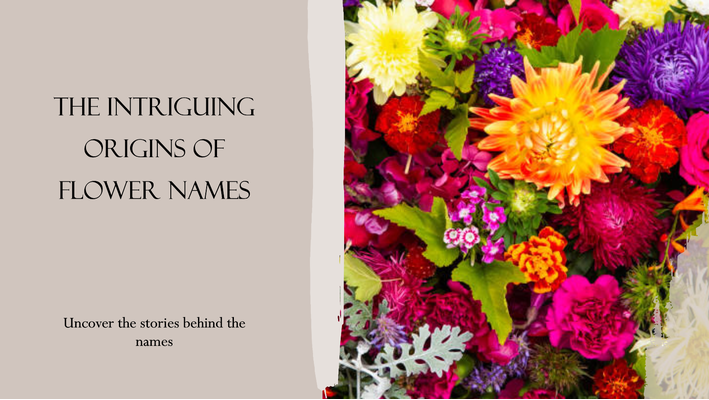
Flower Names And Origin: How Flowers Got Their Unique Names
It is interesting to know the meaning of the name, be it a person’s name or a flower’s. Yes, you heard it right. The flowers we know are not generically named. They have a very exciting origin story, and we are here to tell you about it. Interested? Then continue reading to learn about the origin of various flower names.
You will be surprised to know the story behind some names!!!
Table of Contents
Below are Some of the Flower Names And Origin
1. Anemone
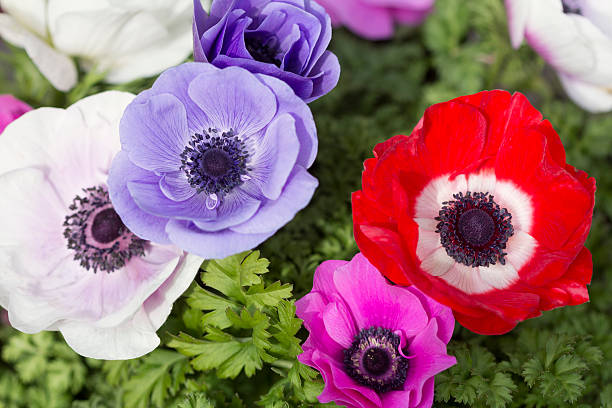
Anemone, also known as a wildflower, got its name from Greek culture. The word anemone was first attested in the English language in the mid-1500s. It means daughter of the wind. Anemone was named so because it was said that this flower’s bright and colorful petals opened up completely as the wind blew.
2. Flower Name & Origin of Carnations

There are two origin stories behind the name of this flower. Carnation as a term was found in the English language in the early 1500s. One of the theories suggests that carnation is a corruption of coronation. It is because the flower has toothed petals that look like a crown if the flower head was worn on the head in the form of a garland. However, another theory suggests that the flower’s original color is pink, which is why it has been named carnation. It is so because the word carnation was also discovered in Latin from the word caro. Caro means pink.
3. Daisy
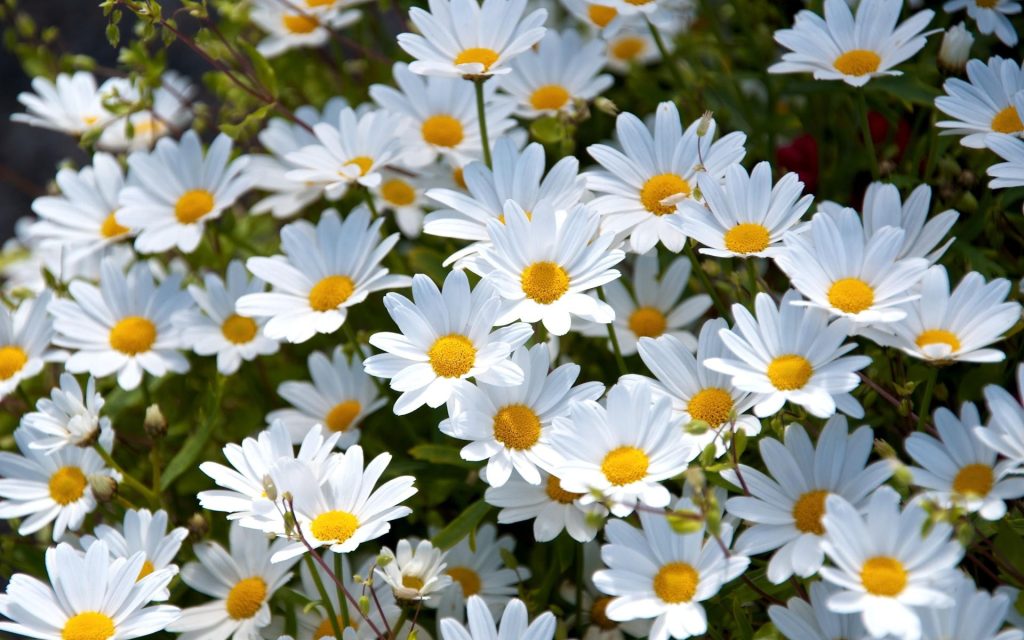
This word has deep roots in the English language. The word daisy comes from a very old English phrase which goes like ‘day’s eye’. It is closely used as a metaphor for the eye of the day that opens at dawn and closes at dusk. The flower is named so because the white petals open at dawn and close at dusk.
4. Lupines

The word lupines come from the Latin word Lupinus which means wolf. Lupinus is an adjective. Even though the flower has delicate petals, the word it comes from is quite a fierce adjective. But why so? The reason that lupines get such a fierce name is that they were believed to deplete the ground in which they were grown. The flower was thought to devour the soil of its nutrients. However, this is not true. But because of this thought process, it was compared to a wolf. This belief system prevailed for a long time in the old etymology.
You will be surprised to know that contrary to the belief; lupines enrich the soil where they are harvested. It is so because their seeds have a good amount of nutrition.
5. Flower Name & Origin of Peonies
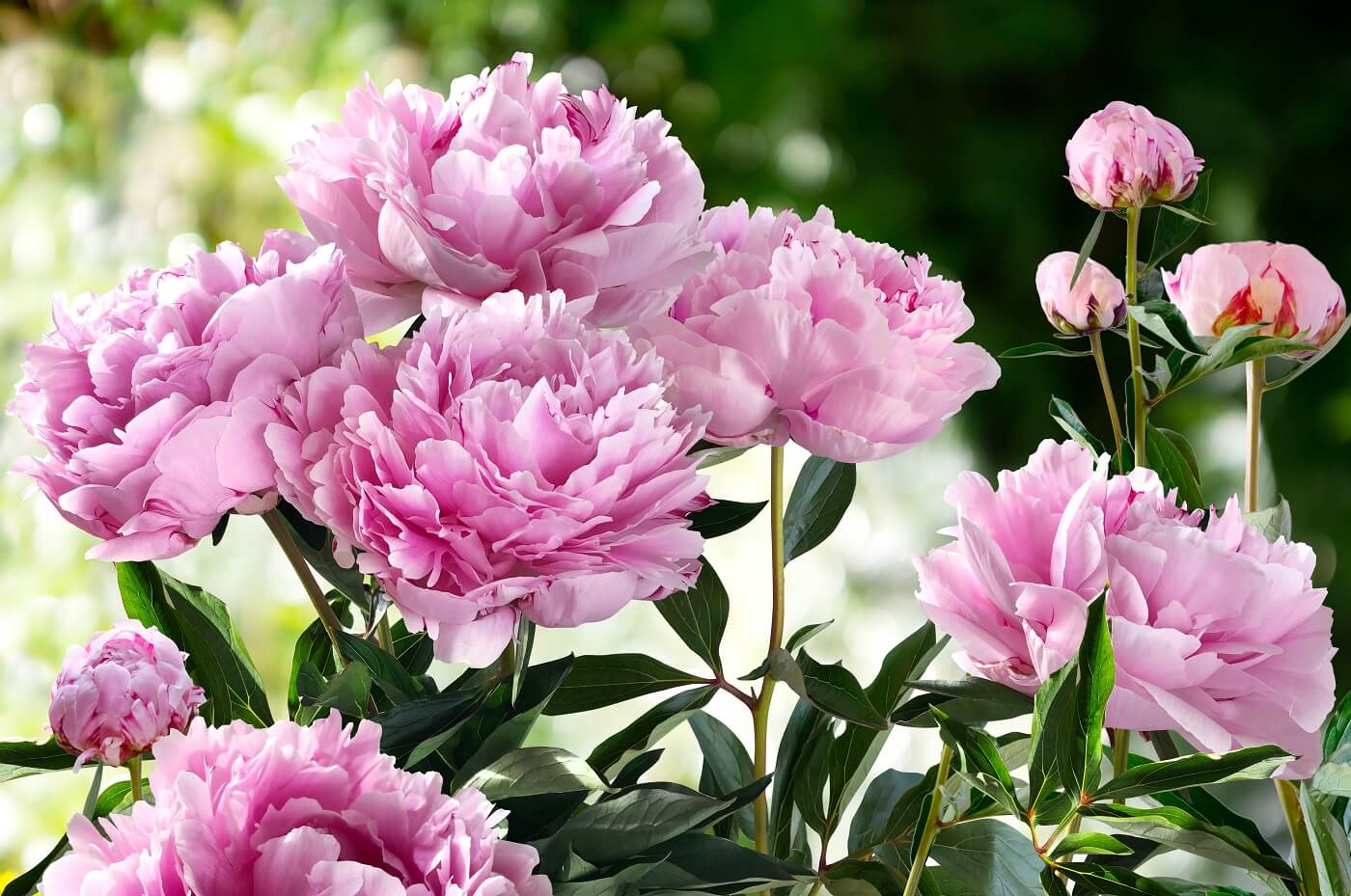
The word is from old English. Peony is a believed medicinal plant in the early years. That is why this flower got its name Paion which is a word of honor. Paion refers to the physician of the gods in Greek mythology. This term in the Greek verb means to touch. So, peony meant the one who touches or heals. Peonies are also referred to as paean. This means a song of praise. Paean means Apollo, who is the Greek god of music and poetry.
6. Tulip

People believe that the word tulips comes from the fact that the flower seems like two lips are kissing. This reason is not true. It is just a grade school groaner. The origin of this word lies in the late 1500s. Tulip comes from the Turkish dictionary, and it means turban. This is because the flower resembles the male headwear worn by the people in India, the Middle East, and various parts of Africa. This word also has a place in Persian dulband.
7. Flower Names And Origin of Amaryllis
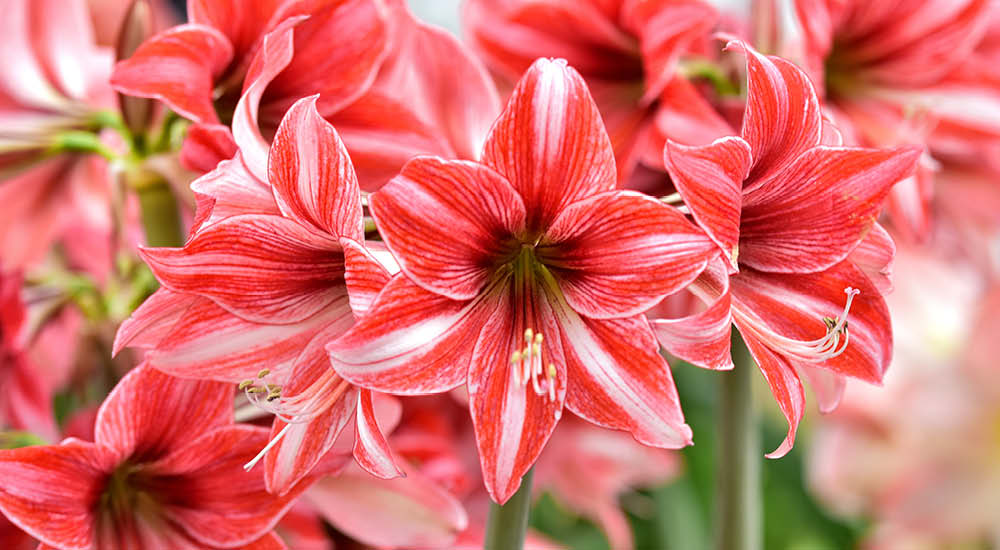
Amaryllis is a pretty common name for a girl. This name is given to a girl who looks beautiful. It also means country girl. The name is often found in the pastoral poems of Ovid, Virgil, and Theocritus. In the late 1700s, Carl Linnaeus, the father of modern taxonomy, took this work for the flower family. This word also means shine or sparkle. Amaryllis is used because the flower is with rich red veins which are seen clearly through the white petals.
8. Chrysanthemum

This word comes from the Greek word, krysanthemon. It means gold flower. This word is appropriate for the flower because it usually blooms under the sun (striking golden sun). Chrysalis is also a biological term that comes from kyrsos, meaning gold. Anthos, the second part of the word, means flower in the anthology. It means a collection of flowers. The short form of the verb is also quite common, which is mums.
9. Forget-Me-Not Flower
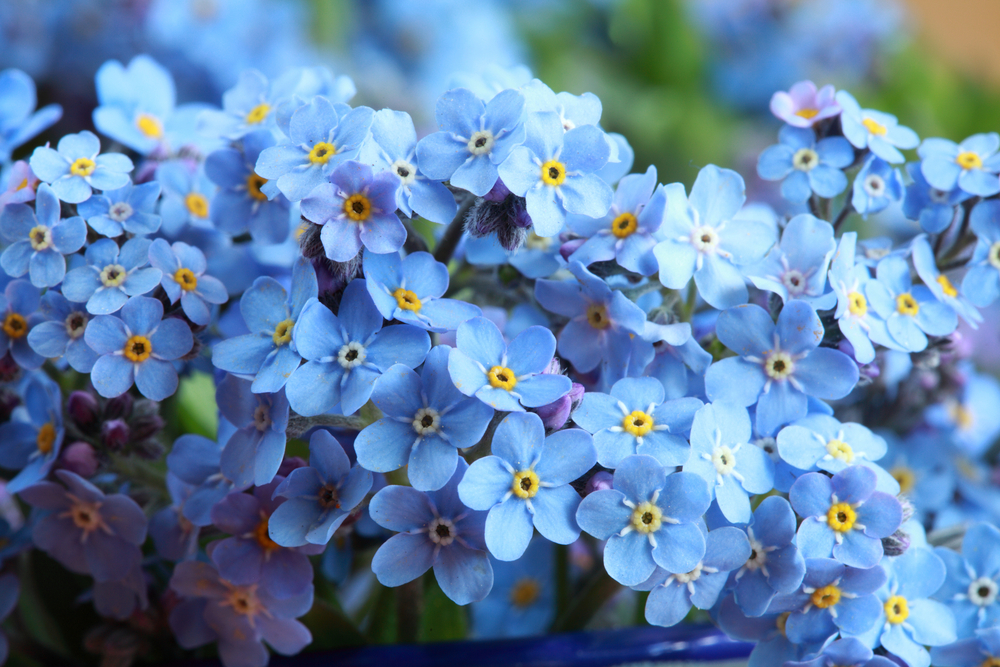
Forget-Me-Not is a flower name that comes from the old French. The original word it comes from is m’oubliez mye. It means do not forget me. The belief behind this name is that people believed that if they wore these flowers, everyone would remember them, especially their lovers. These flowers are a symbol of everlasting love, unforgettable lovers, and also a symbol of fidelity.
10. Orchids
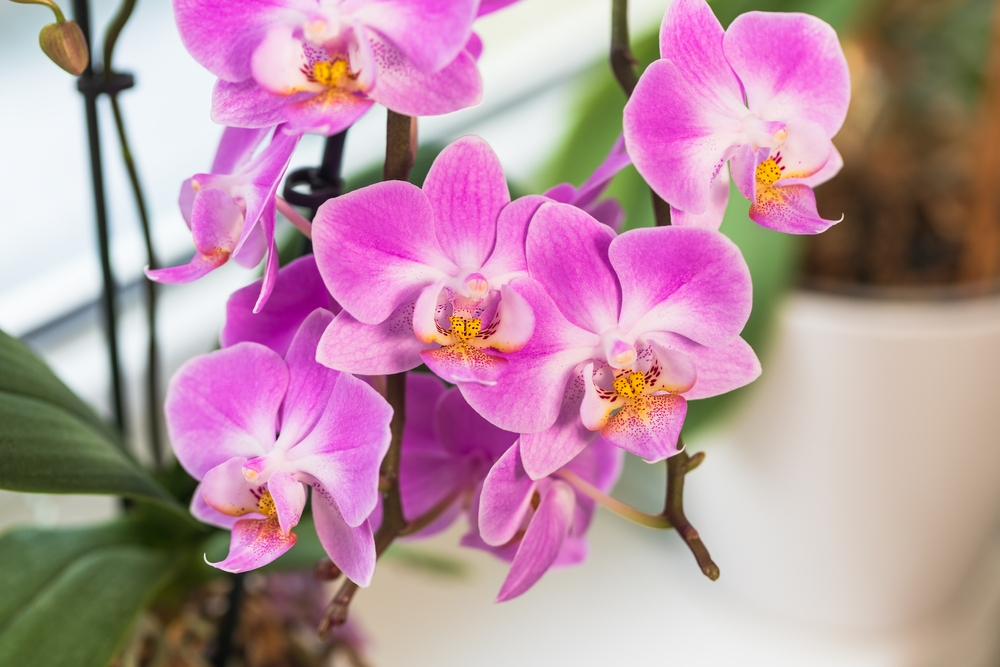
Orchids are very elegant flowers. The literal meaning of their name comes from a Greek word, orchis. This means testicle. Orchids have bulbous roots and are usually paired. So, these appear like the organ, testicles. This is how orchids’ name was given.
11. Rhododendron
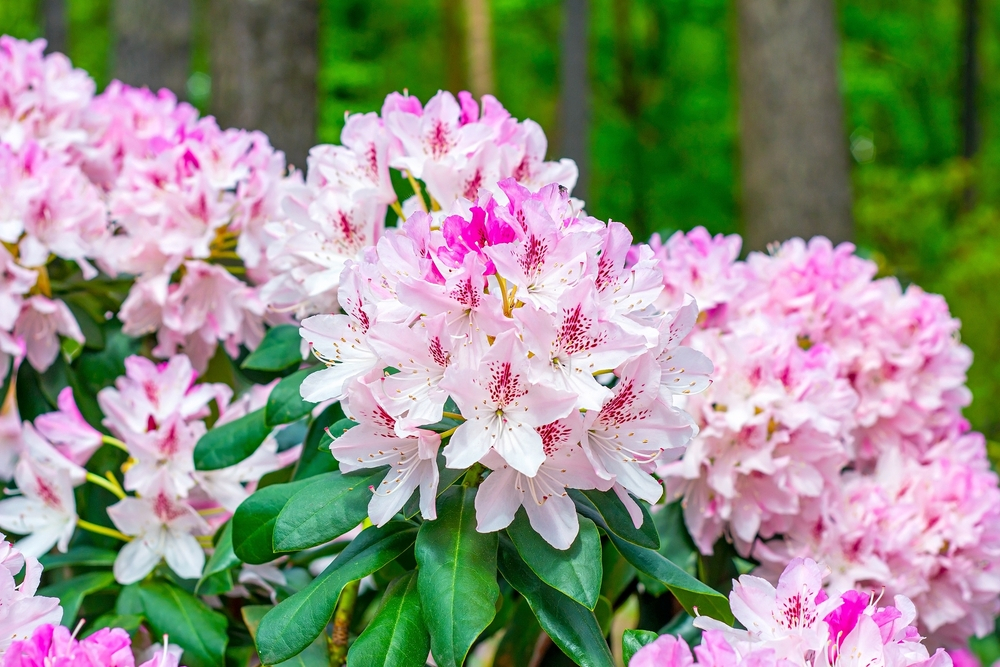
Rhododendron means rose tree in the Greek language. This name is quite appropriate because this plant looks like a small tree and grows beautiful rose-colored flowers. In Latin, orchids are also named oleander.
Takeaway
These are some of the origin stories we found the most interesting. Hope you enjoyed reading all about them. We have one more thing to tell you! You can order your favorite flowers online in India from our website, BloomsFlora, for your loved ones. Also, you can choose from various flowers, such as lilies, orchids, tulips, carnations, and many more.
You can order flowers in a crystal glass vase for home decoration or a flower box to give to someone you care about on a special occasion. We also offer same-day flower delivery online in India to ensure your delivery gets to the desired location on time.





